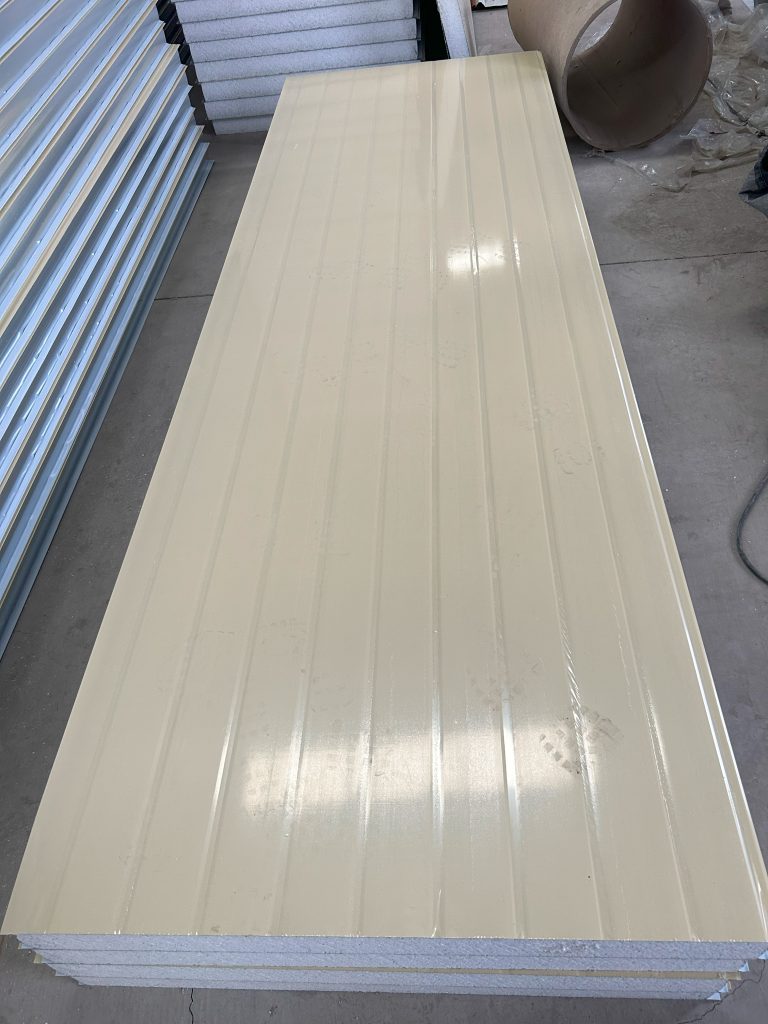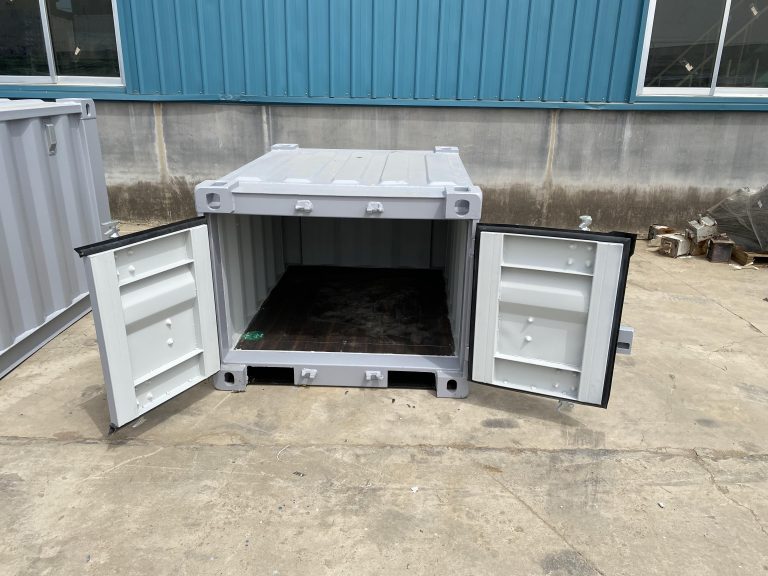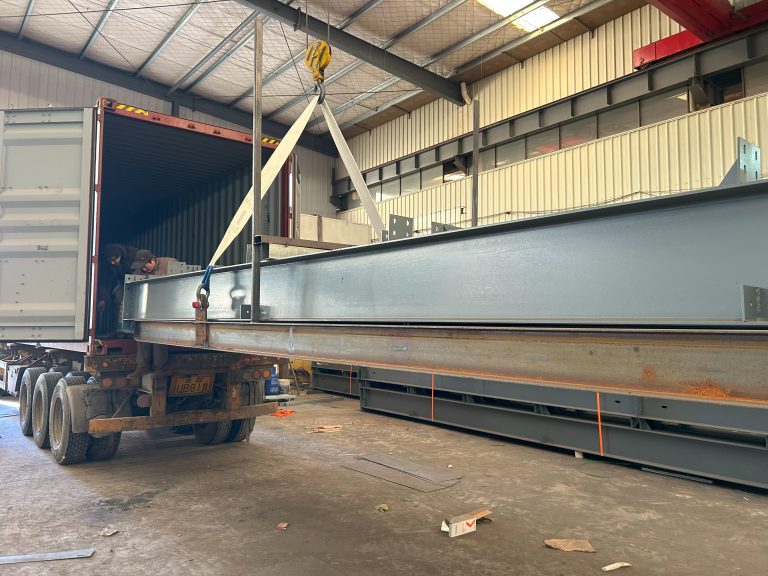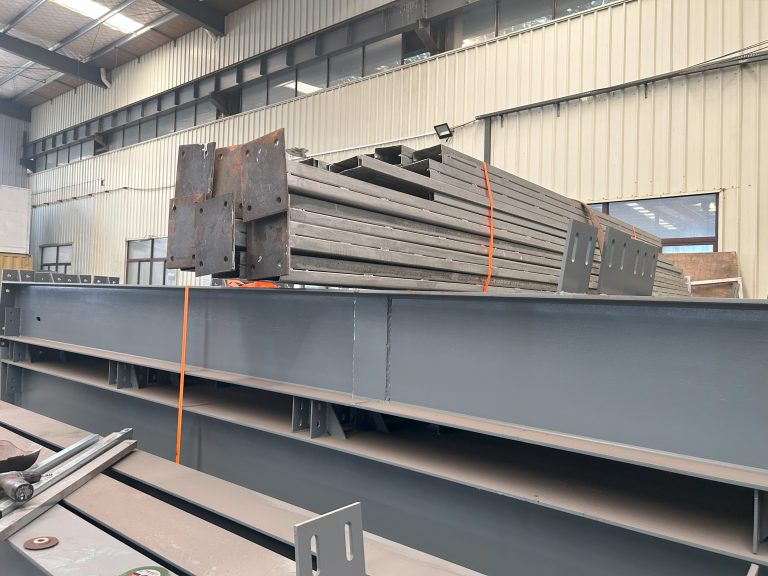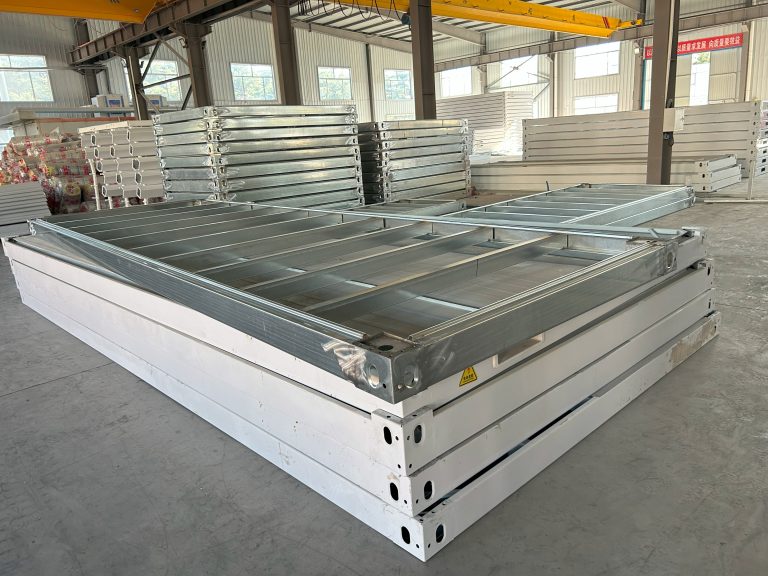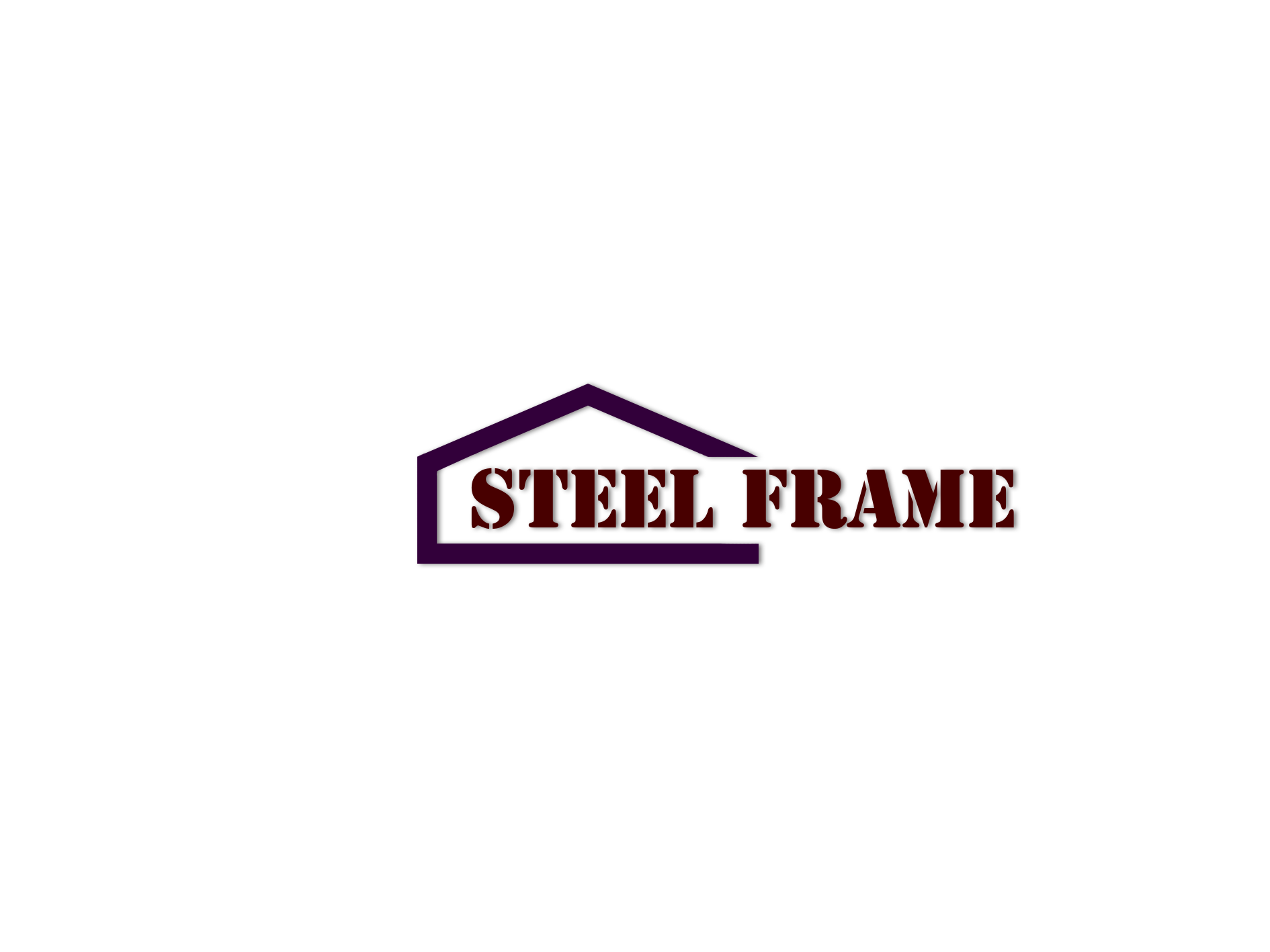Box house is used for field operation in hydraulic engineering
Inhoudsopgave
Benefits of Using Box Houses for Field Operations in Hydraulic Engineering
Box houses are a crucial component in the field operations of hydraulic engineering. These structures are designed to provide a safe and efficient workspace for engineers and technicians working on various hydraulic projects. The use of box houses offers a wide range of benefits that contribute to the success of field operations in hydraulic engineering.
One of the primary advantages of using box houses is their versatility. These structures can be easily transported to different locations, making them ideal for field operations that require mobility. Whether working on a riverbank, a dam, or a water treatment plant, box houses can be set up quickly and provide a comfortable and secure environment for engineers to carry out their work.
In addition to their mobility, box houses also offer a high level of customization. Engineers can tailor the layout and design of the box house to meet the specific needs of the project. This flexibility allows for the efficient use of space and resources, ensuring that all equipment and tools are easily accessible and organized within the structure.
Furthermore, box houses provide a safe and secure workspace for engineers and technicians. These structures are equipped with all the necessary safety features, including fire extinguishers, emergency exits, and first aid kits. This ensures that workers can focus on their tasks without having to worry about their well-being.
Another benefit of using box houses for field operations in hydraulic engineering is their durability. These structures are built to withstand harsh weather conditions and provide a reliable workspace for engineers in any environment. Whether facing extreme heat, heavy rain, or strong winds, box houses offer a stable and secure shelter for workers to carry out their tasks.
Moreover, box houses are equipped with all the necessary amenities to support field operations. These structures typically include a kitchen area, bathroom facilities, and storage space for equipment and supplies. This allows engineers to work efficiently without having to leave the site for basic necessities.
In addition to their practical benefits, box houses also contribute to the overall efficiency of field operations in hydraulic engineering. By providing a centralized workspace for engineers and technicians, these structures help streamline communication and collaboration among team members. This leads to faster decision-making and problem-solving, ultimately improving the productivity of the project.
Overall, the use of box houses for field operations in hydraulic engineering offers a wide range of benefits that contribute to the success of projects. From their versatility and customization options to their safety features and durability, these structures provide a reliable and efficient workspace for engineers to carry out their work. By investing in box houses, hydraulic engineering firms can ensure that their field operations run smoothly and effectively, leading to successful project outcomes.
Design Considerations for Box Houses in Hydraulic Engineering Operations
Box houses are a crucial component in the field operations of hydraulic engineering projects. These structures are designed to provide a safe and efficient workspace for engineers and technicians working on various tasks related to water management, flood control, and other hydraulic engineering activities. In this article, we will discuss some key design considerations that need to be taken into account when planning and constructing box houses for field operations.
One of the most important factors to consider when designing a box house is its size and layout. The structure should be large enough to accommodate all necessary equipment and personnel, while also being compact enough to fit within the constraints of the project site. The layout of the box house should be carefully planned to ensure that all workstations are easily accessible and that there is sufficient space for movement and storage of materials.
Another crucial design consideration is the materials used in the construction of the box house. The structure must be durable and weather-resistant to withstand the harsh conditions of the field environment. Steel and aluminum are commonly used materials for box houses due to their strength and resistance to corrosion. Additionally, the box house should be insulated to provide a comfortable working environment for personnel, especially during extreme weather conditions.
Ventilation is another important aspect to consider when designing a box house for field operations. Proper ventilation is essential to ensure a healthy and safe working environment for personnel. The structure should be equipped with windows, vents, and fans to allow for adequate airflow and prevent the buildup of harmful fumes or gases. Additionally, the box house should be designed to provide natural lighting to reduce the need for artificial lighting during daytime operations.

Accessibility is also a key consideration when designing a box house for field operations. The structure should be easily accessible from the project site to facilitate the movement of personnel and equipment. Ramps, stairs, and handrails should be installed to ensure safe and convenient access to the box house. Additionally, the structure should be equipped with emergency exits and safety features to comply with building codes and regulations.
Security is another important factor to consider when designing a box house for field operations. The structure should be equipped with locks, alarms, and surveillance systems to prevent unauthorized access and protect valuable equipment and materials. Additionally, the box house should be designed to withstand potential security threats, such as vandalism or theft, to ensure the safety of personnel and the integrity of the project.
In conclusion, box houses play a vital role in the field operations of hydraulic engineering projects. When designing these structures, it is essential to consider factors such as size, layout, materials, ventilation, accessibility, and security to ensure a safe and efficient working environment for personnel. By carefully planning and constructing box houses with these considerations in mind, engineers and technicians can effectively carry out their tasks and contribute to the success of hydraulic engineering projects.

